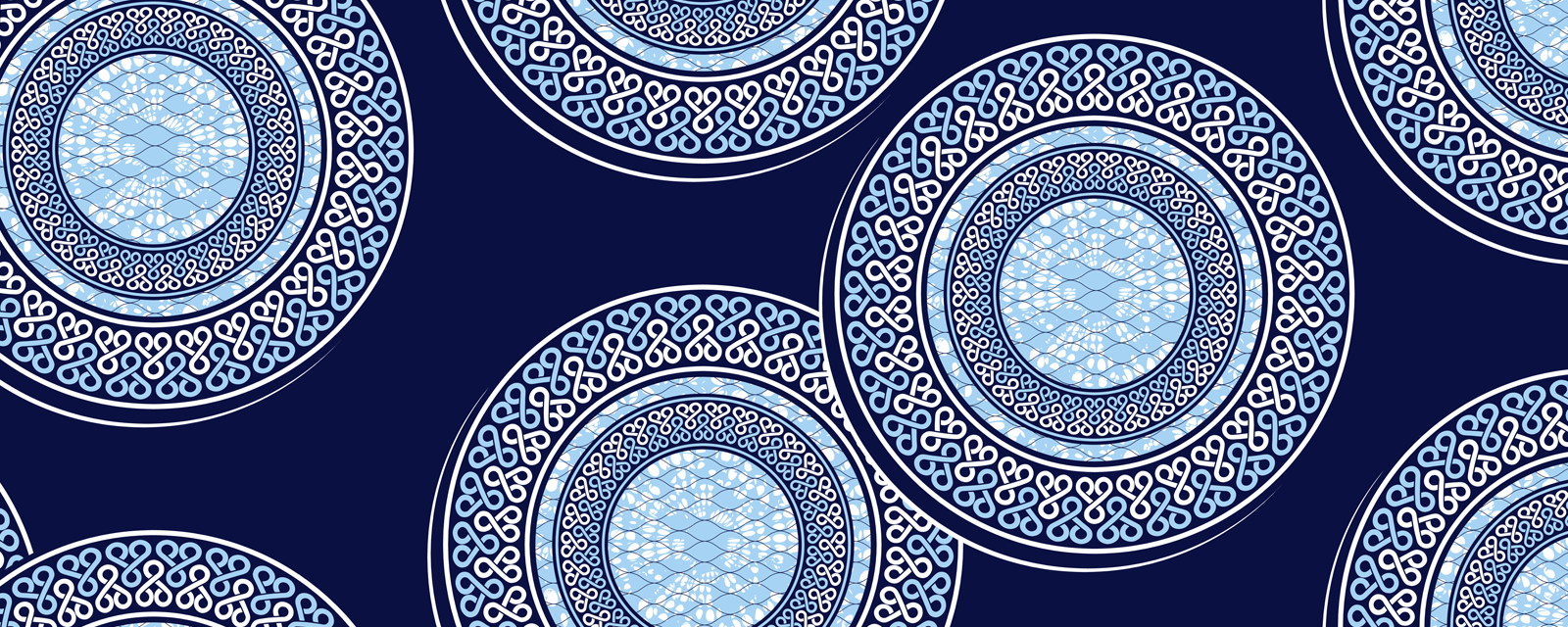An Acoli dirge from Uganda. The ceremony of Yokko Pala, in which a widow chooses a new husband, is held three or four months after the Guru Lyel, the feast held in honour of the deceased. See also Close To Her Husband.
At this ceremony the widow is introduced to her new husband in the presence of the elders. During the period between the death of the husband and this ceremony, the widow indicates who among the dead man’s brothers should be the guardian of her children. Apart from other economic considerations, to be thus chosen is a vote of confidence; it is also a big step up in the social order. It is the jealousy this causes among clansmen that produces the dirges which are an attack on the living.
Okot p’Bitek, The Horn of My Love (1974) p. 23–4
If death were not there,
Where would the inheritor get things?
The cattle have been left for the inheritor;
Ee, how would the inheritor get things?
The iron-roofed house has been left for the inheritor;
Ee, if death were not there,
How would the inheritor get rich?
The bicycle has been left for the inheritor;
This inheritor is most lucky!
Ee, brother, tell me,
If death were not there,
Ugly one, whose daughter would have married you?
A wife has been left for the inheritor;
Ee, inheritor, how would you have lived?
The house has been left for the inheritor;
If death were not there,
How would the inheritor get things?
from The Horn of My Love (1974),
by Okot p’Bitek

